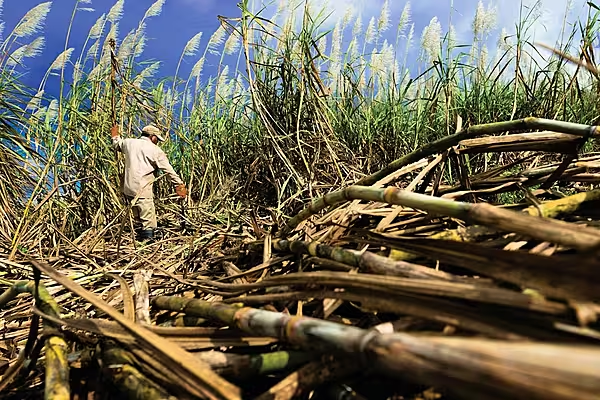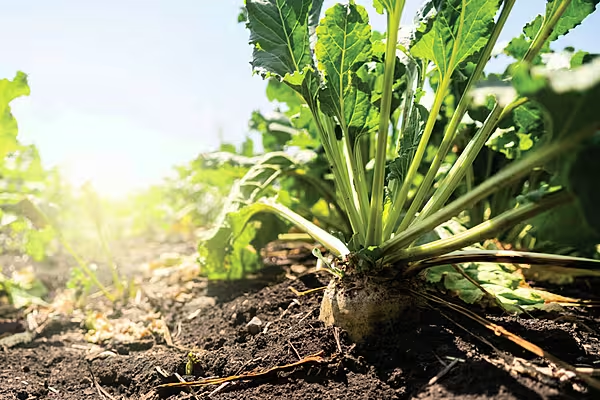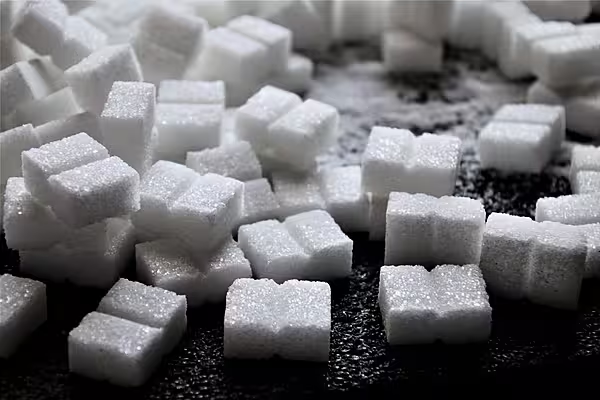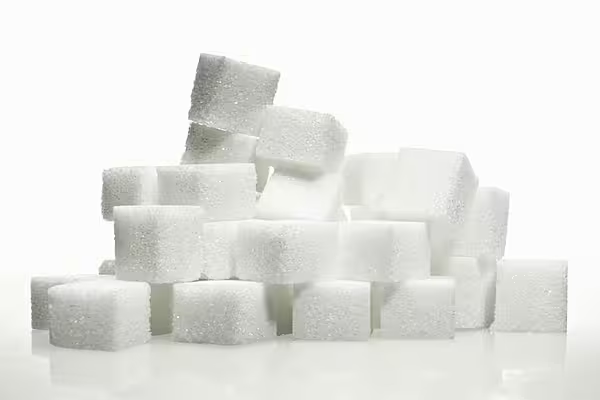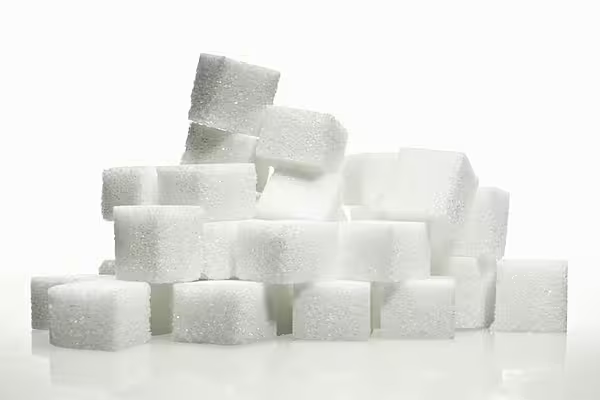Cuba, short on sugar for domestic consumption after a disastrous harvest, hopes to avoid importing by drawing on its reserves and plans to begin the coming harvest early, industry officials told Reuters.
The Caribbean island, where sugar once was synonymous with its name, produced 1.9 million tonnes of raw sugar last year and exported 1.1 million tonnes, according to the International Sugar Organization. But a prolonged drought, Hurricane Irma in September and out-of-season rainfall devastated this year’s crop.
The harvest usually begins with a few mills operating in late November, and about 50 are crunching cane by January as dry and cool weather set in. Most mills close by May.
Based on provincial media reports and sources, Reuters estimates the recently concluded harvest came in at around 1.1 million tonnes of raw sugar, similar to more than a century ago.
Liobel Perez, spokesman for Azcuba, the state-run sugar monopoly, on Wednesday refused to confirm or deny the estimate, citing a government policy of providing no real-time figures for the industry.
Domestic Shortage
Cuba consumes 600,000 to 700, 000 tonnes of sugar and is short after exporting some of this year’s output and not meeting other contracts, traders and shippers said.
"The coming harvest will be moved forward as much as possible to meet domestic consumption," said Lourdes María Castellanos, director of international relations for Azcuba.
Castellanos said the country would also draw on its reserves "and what is going to be cut a little is exports, not national consumption."
Castellanos and Perez both said the wet weather, which included extensive flooding in central Cuba in late May, would impact the coming harvest as planting was well behind schedule.
"We are going to have problems in 2018-2019 because the planting of cane, its development and growth have been affected to this day," Castellanos said.
Cash Struggles
The decline in output, after a more than 10% annual increase since 2011, is more bad news for Cuba. The country is struggling with a cash shortage due to ally Venezuela's economic collapse, a hostile and sanctions-wielding Trump administration, a drop in tourism and its own inertia.
The sugar industry also contributes to electricity production and derivatives such as rum and animal feed.
Sugar was long Cuba’s most important industry and export, with output reaching 8 million tonnes in 1991. But today it ranks behind sectors such as tourism, tobacco, nickel and pharmaceuticals.
News by Reuters, edited by ESM. Click subscribe to sign up to ESM: The European Supermarket Magazine.
